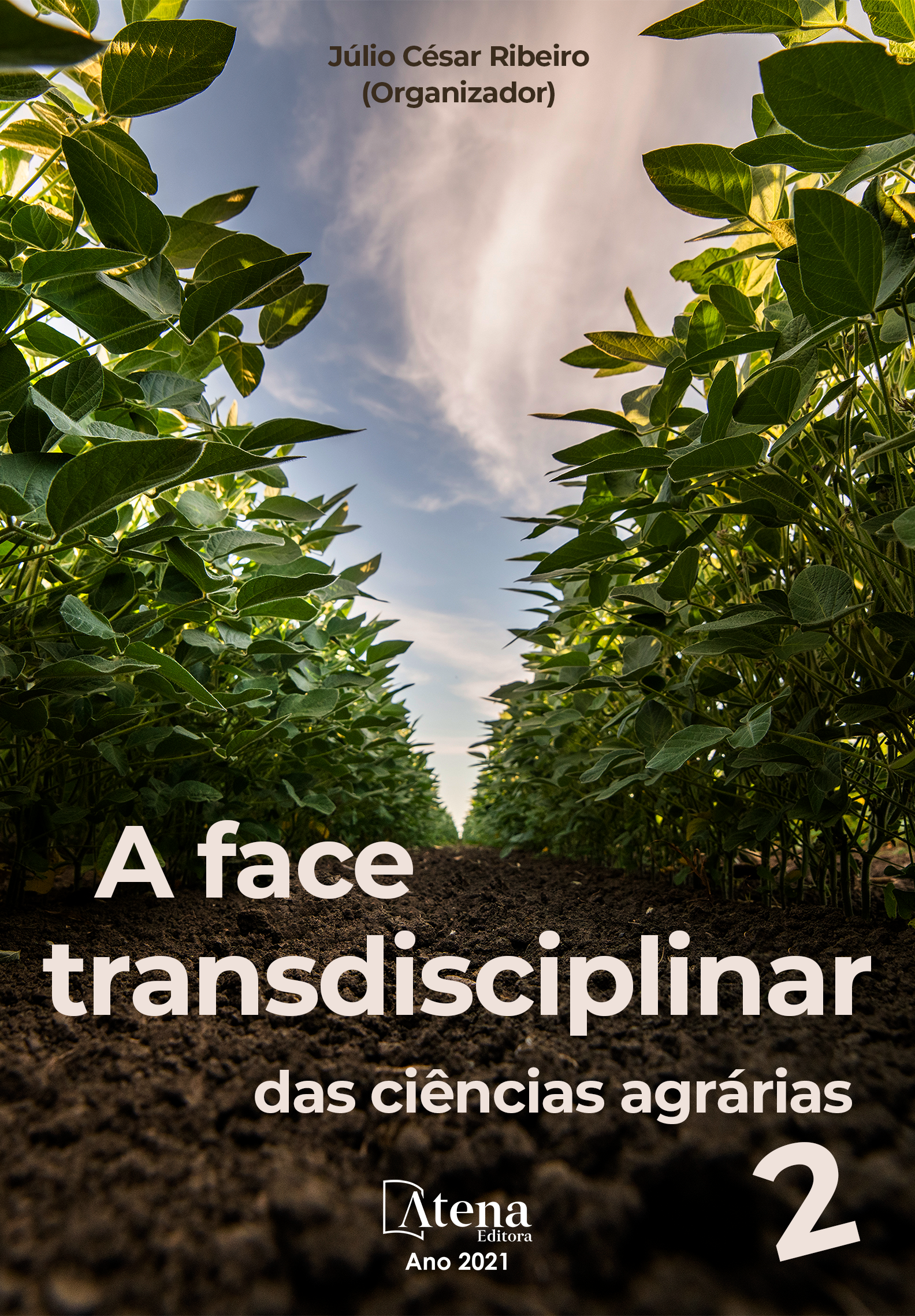
QUALIDADE DAS MUDAS DE ARAÇÁ-BOI (EUGENIA STIPITATA) EM FUNÇÃO DE DIFERENTES SUBSTRATOS ORGÂNICOS
O Araçá-boi é uma arvore frutífera da Amazônia que está entre as frutas com maior potencial econômico. O substrato é muito importante para a muda, e muitos podem ser os materiais usados em sua composição, levando em consideração o custo e disponibilidade. Porém, não há muitas pesquisas sobre a espécie, principalmente com relação à formação da muda e o substrato. O objetivo do trabalho foi de avaliar o efeito dos diferentes substratos orgânicos na produção de mudas de araçá-boi (Eugenia stipitata) vindas de sementes. As sementes foram coletadas no matrizal do Campus Itapina e tiveram seu tegumento removido para superação da dormência, O delineamento utilizado foi DIC, com 15 tratamento de diferentes substratos, contendo 4 repetições e 5 plantas por unidade experimental. A composição dos substratos foi: areia (A), substrato padrão (T), esterco bovino (E), esterco de galinha(G), húmus (H) e palha de café (P) nas seguintes proporções: T1(TA - 1:1); T2(TAE - 1:1:1); T3(TAE - 2:1:1); T4(TAH - 1:1:1); T5(TAH - 2:1:1); T6(TAG - 1:1:1); T7(TAG - 2:1:1 v/v); T8(TAP - 1:1:1); T9(TAP - 2:1:1); T10(TAEP - 1:1:1:1); T11(TAEP - 2:1:1:1); T12(TAGP - 1:1:1:1:); T13(TAGP - 2:1:1:1:); T14(TAHP - 1:1:1:1:) e T15(TAHP - 2:1:1:1:). Após o período de viveiro foram realizadas as seguintes mensurações: número de folhas, diâmetro do coleto, altura total, altura da parte aérea, comprimento de raiz, massa verde da planta e massa seca da planta, que foram comparados pelo teste de Scott Knott. Foi possível concluir que os tratamentos T4, T8, T11, T12, T13 e T14 são indicados como bons substratos para o cultivo de mudas de araçá-boi, onde com exceção do T4, todos possuem palha de café em sua composição, que é um componente abundante no estado do Espírito Santo podendo promover uma produção cada vez mais sustentável.
QUALIDADE DAS MUDAS DE ARAÇÁ-BOI (EUGENIA STIPITATA) EM FUNÇÃO DE DIFERENTES SUBSTRATOS ORGÂNICOS
-
DOI: 10.22533/at.ed.8942110089
-
Palavras-chave: Propagação; Frutífera; Matéria orgânica.
-
Keywords: Propagation; Fruitful; Organic matter.
-
Abstract:
Araçá-boi is a fruit tree in the Amazon that is among the fruits with the greatest economic potential. The substrate is very important for the seedling, and many materials can be used in its composition, taking into account cost and availability. However, there is not much research on the species, especially regarding the formation of the seedling and the substrate. The objective of this work was to evaluate the effect of different organic substrates on the production of araçá-boi (Eugenia stipitata) seedlings from seeds. Seeds were collected in the matrix of Campus Itapina and had their seed coat removed to overcome dormancy. The design used was DIC, with 15 treatments of different substrates, containing 4 replications and 5 plants per experimental unit. The composition of the substrates was: sand (A), standard substrate (T), cattle manure (E), chicken manure (G), humus (H) and coffee straw (P) in the following proportions: T1 (TA - 1 :1); T2(TAE - 1:1:1); T3(TAE - 2:1:1); T4(TAH - 1:1:1); T5(TAH - 2:1:1); T6(TAG - 1:1:1); T7(TAG - 2:1:1 v/v); T8(TAP - 1:1:1); T9(TAP - 2:1:1); T10(TAEP - 1:1:1:1); T11(TAEP - 2:1:1:1); T12(TAGP - 1:1:1:1:); T13(TAGP - 2:1:1:1:); T14(TAHP - 1:1:1:1:) and T15(TAHP - 2:1:1:1:). After the nursery period, the following measurements were performed: number of leaves, stem diameter, total height, shoot height, root length, plant green mass and plant dry mass, which were compared using the Scott Knott test. It was possible to conclude that treatments T4, T8, T11, T12, T13 and T14 are indicated as good substrates for the cultivation of araçá-boi seedlings, where, with the exception of T4, all of them have coffee straw in their composition, which is an abundant component in the state of Espírito Santo, which can promote an increasingly sustainable production.
-
Número de páginas: 10
- Patrícia Soares Furno Fontes
- Gustavo Gonçalves de Oliveira
- Alexandre Gomes Fontes
- Joyce Carla de Souza
- Khaila Haase Eller
- Yzabella karolyne Ferreira da Silva


